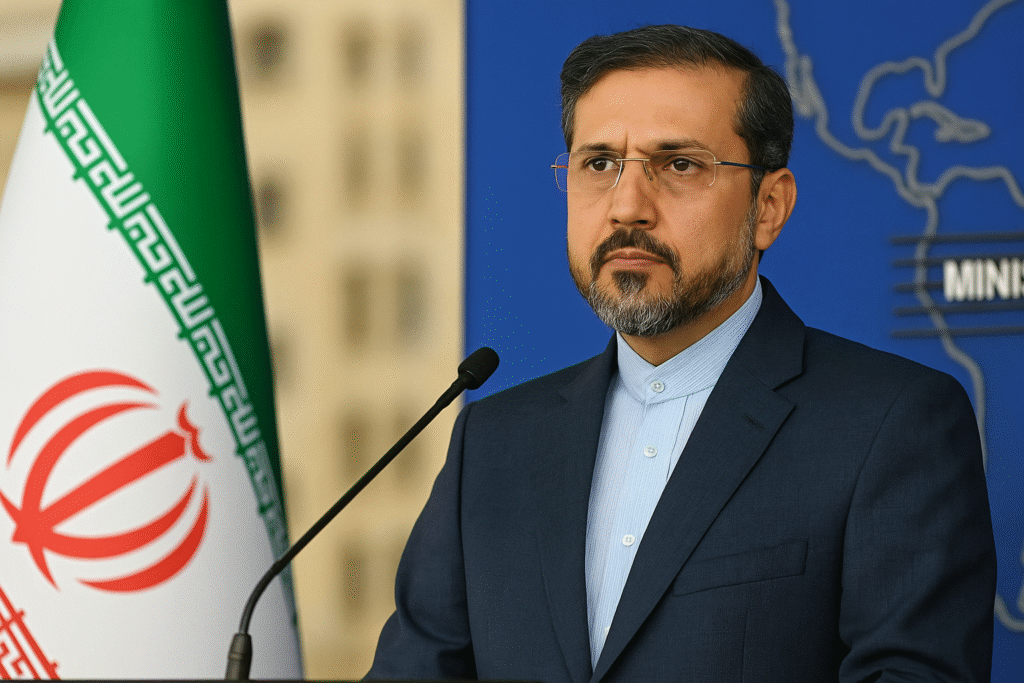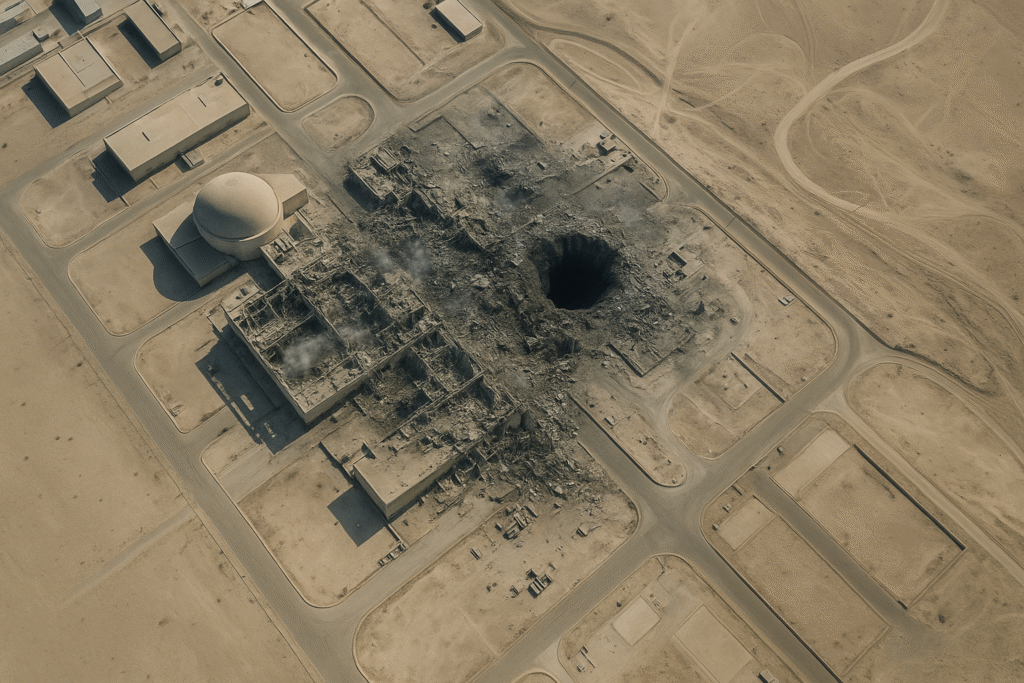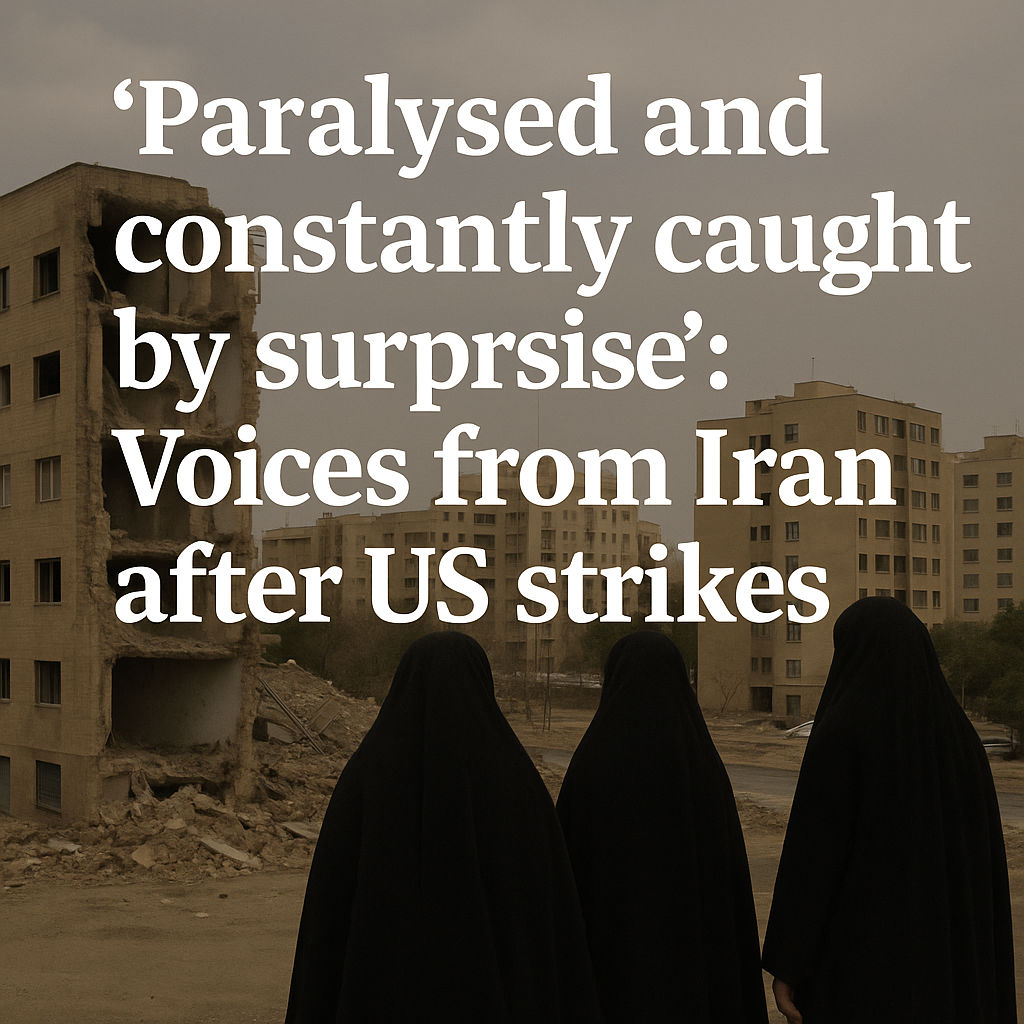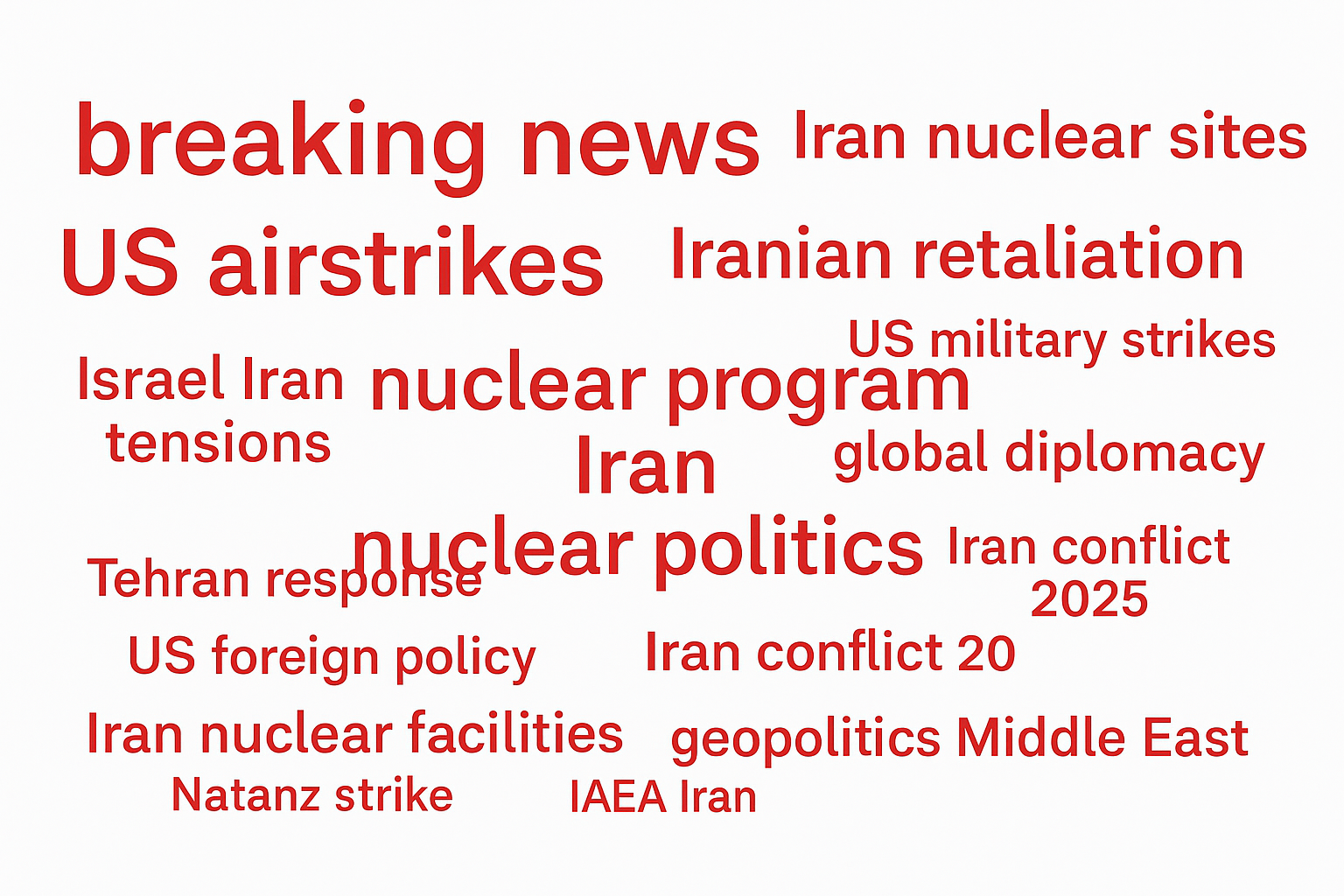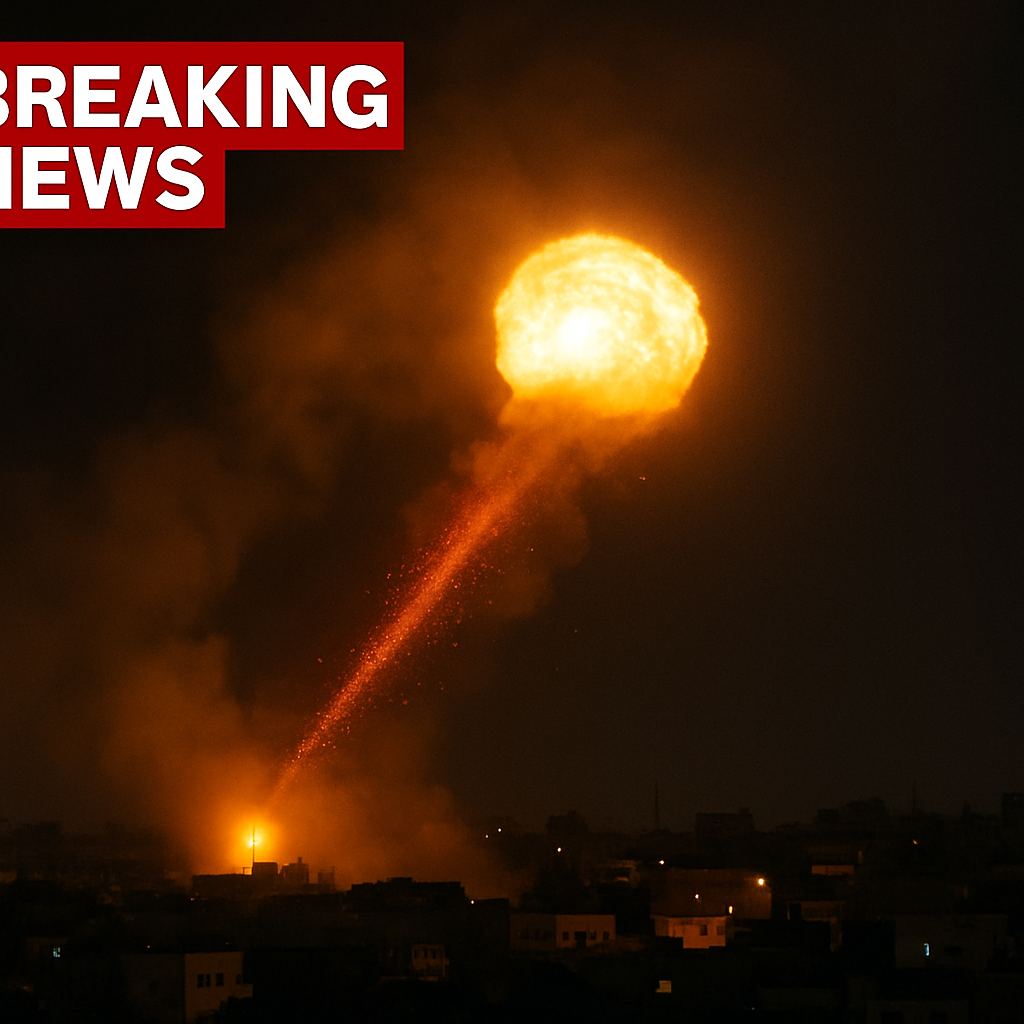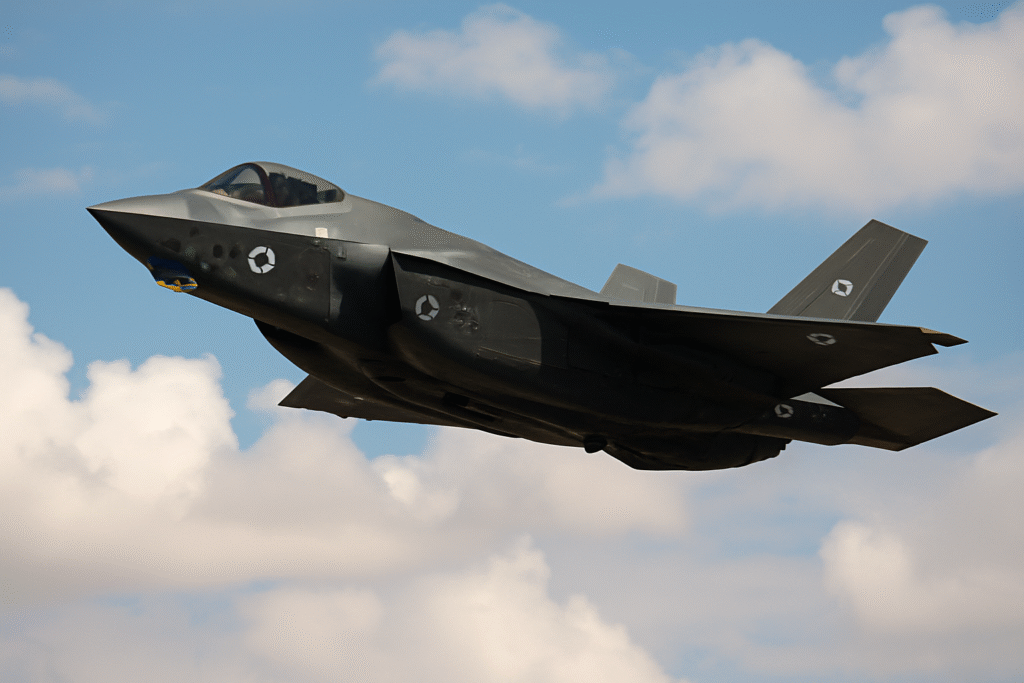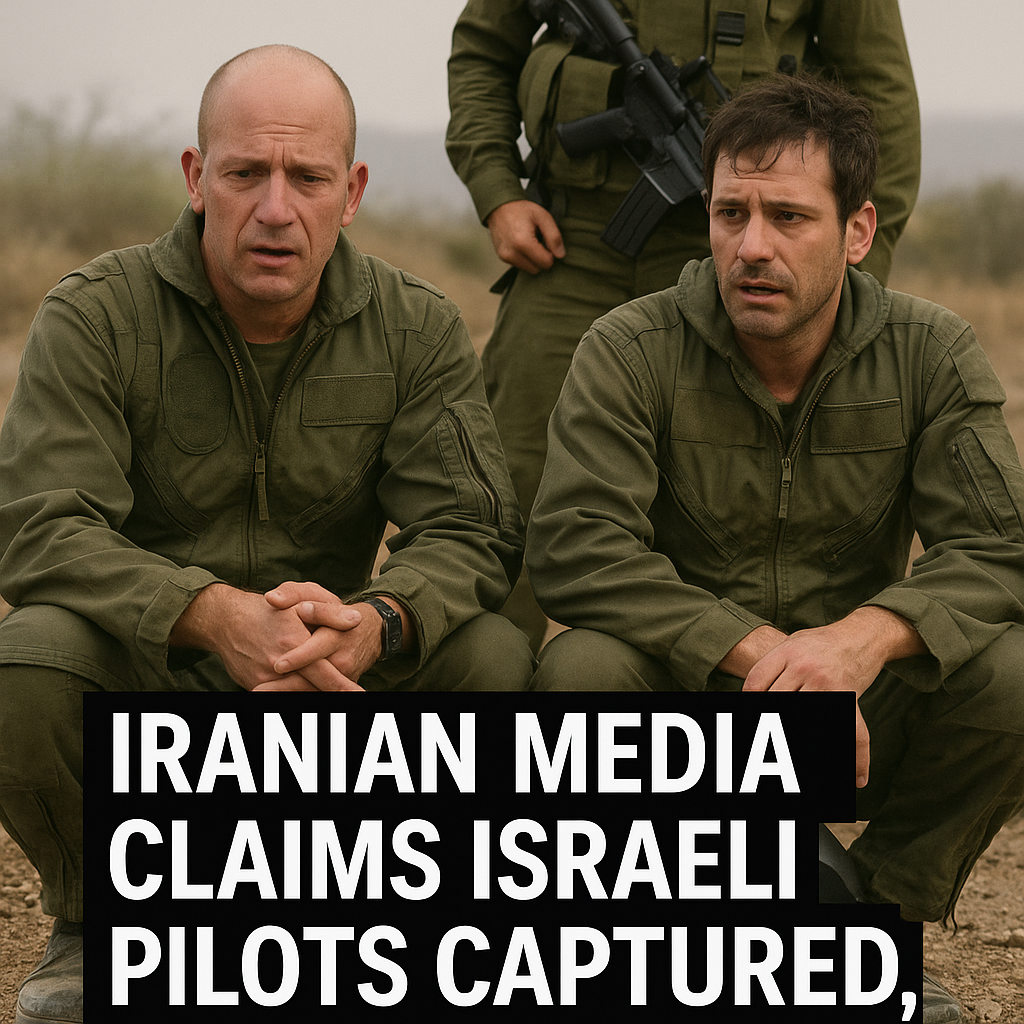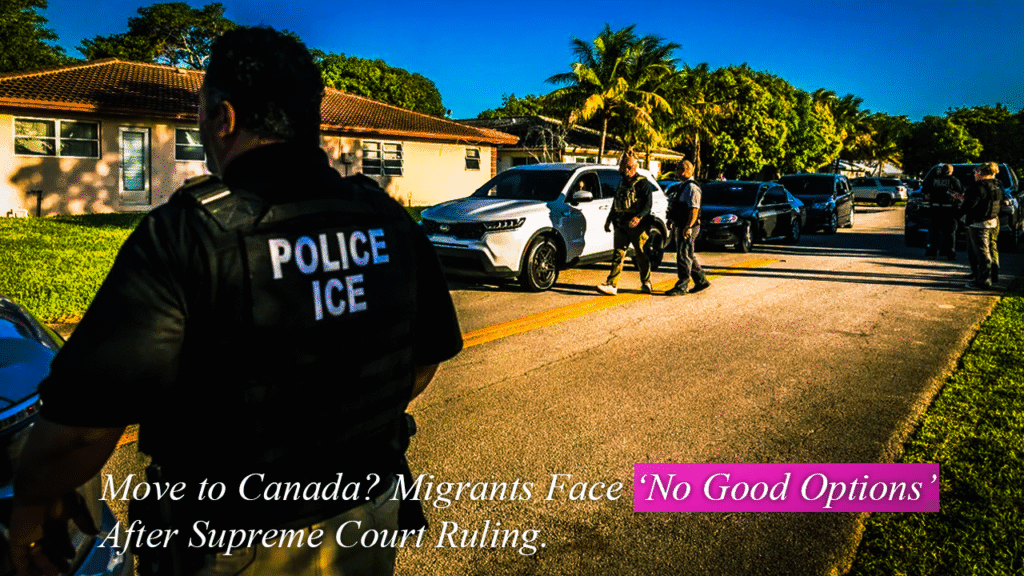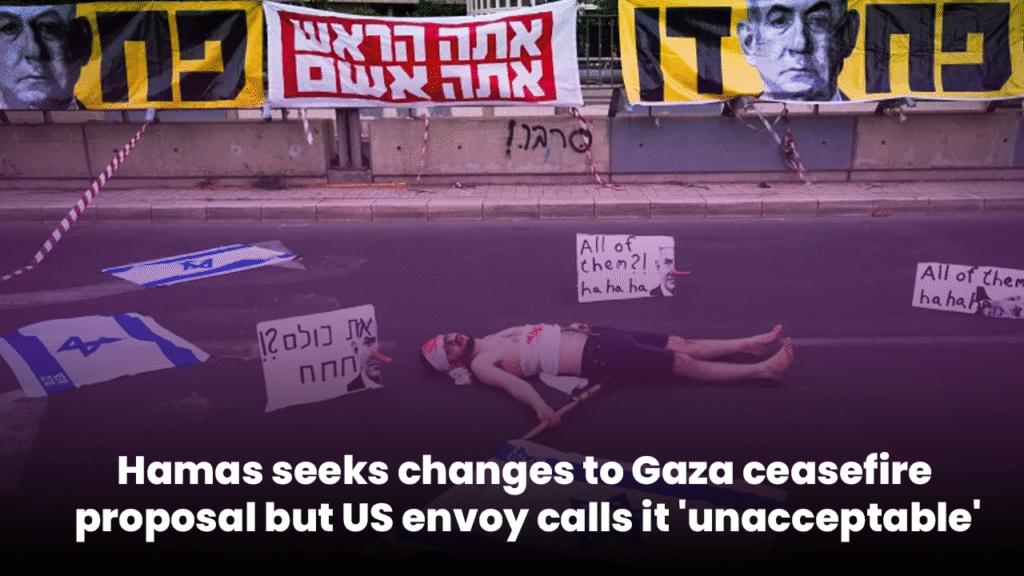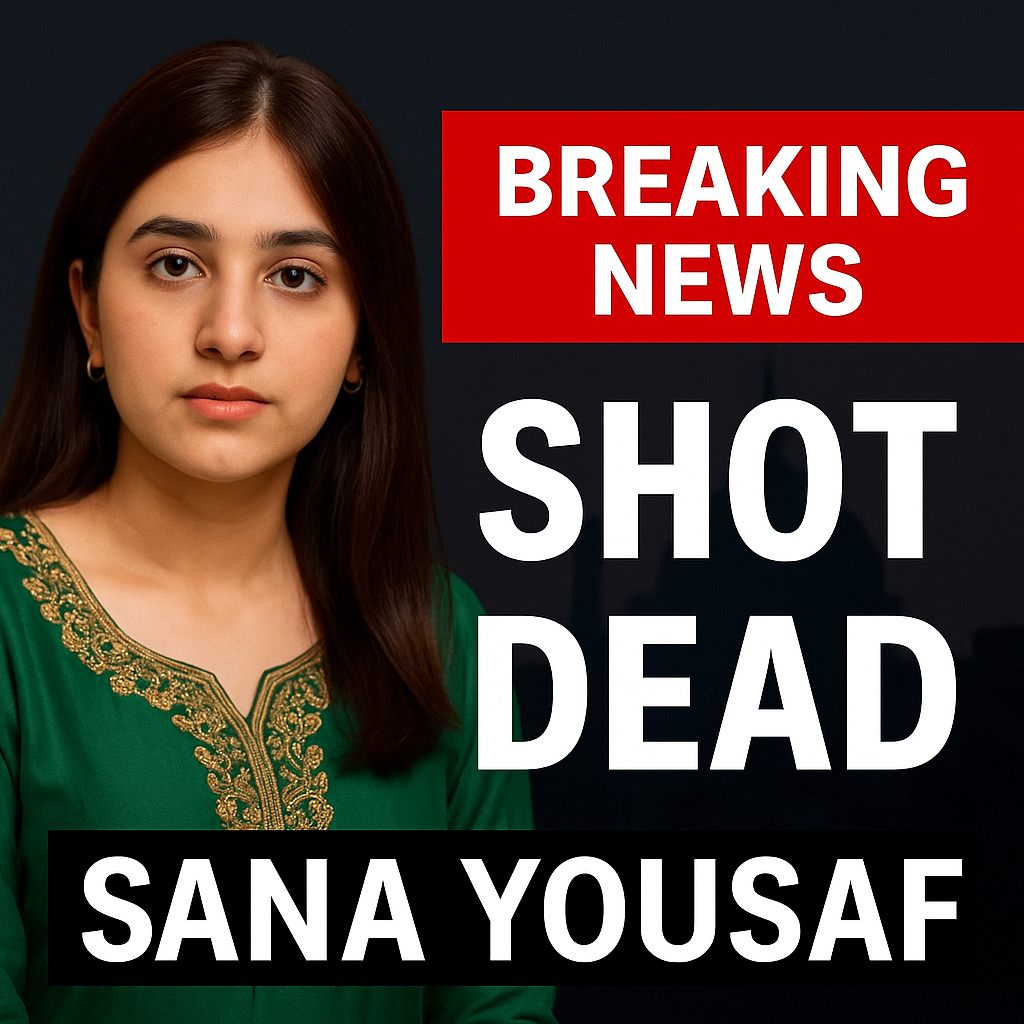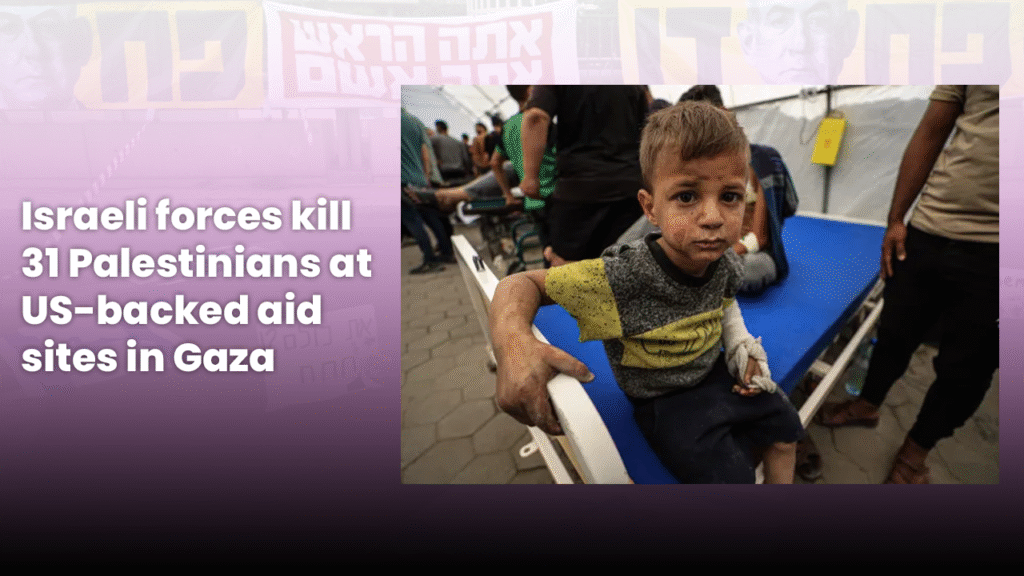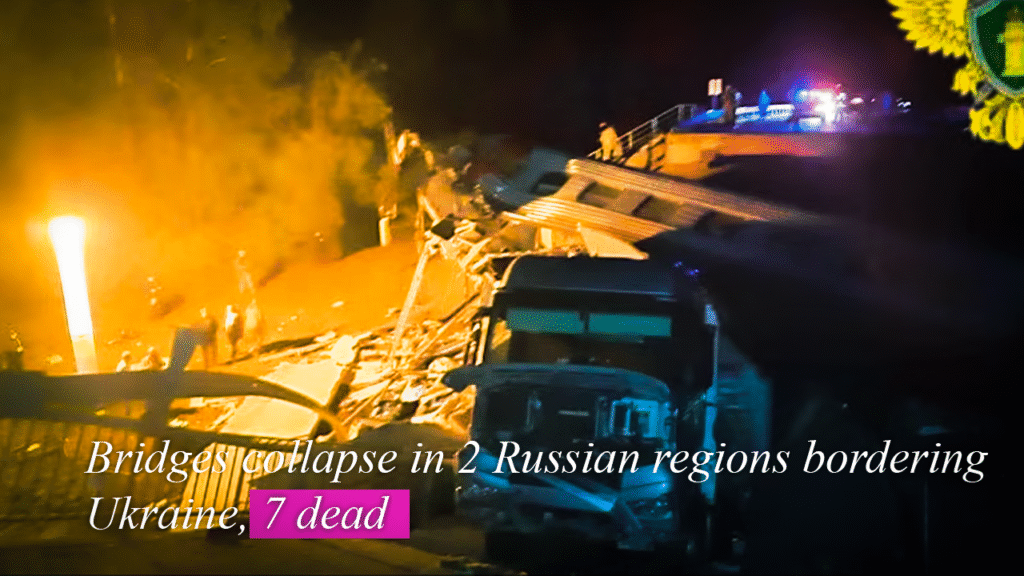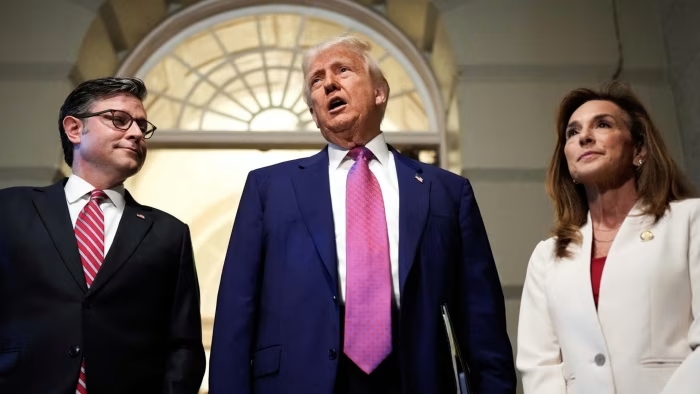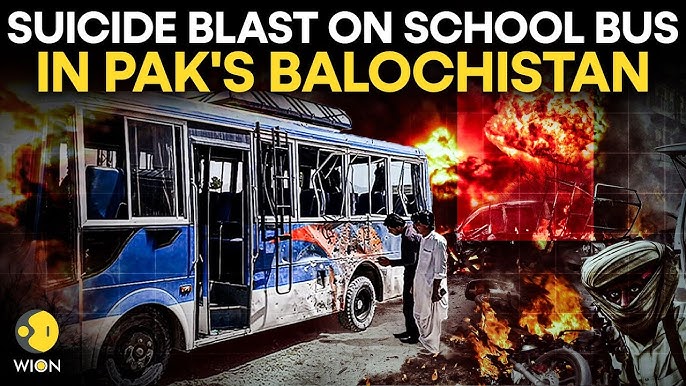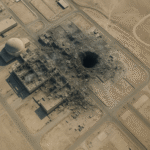Iran says US strikes betrayed diplomacy, warns of consequences
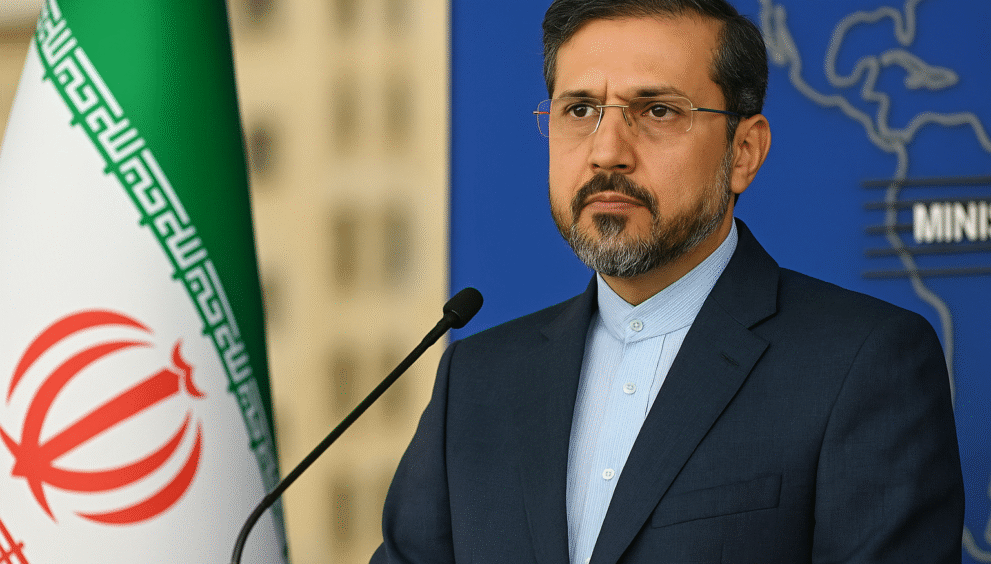
Middle East tensions have once again erupted, bringing with them a crisis that has found itself attracting many international onlookers. This latest tension is mostly in response to a firm rejection by Iran, which has maintained that the recent military attacks by the United States have effectively “betrayed diplomacy” and could very well result in dire and far-reaching consequences. In a report that has found itself bringing the world’s attention and sparking debate among world leaders, Tehran has strongly denounced the military attacks and warned that if such provocations are not checked, the region may experience high levels of instability that could have far-reaching consequences.
Background: The Circumstances and Events that led to the U.S. Decision to Strike
The latest series of attacks carried out by the United States were particularly aimed at what the Pentagon has termed “facilities associated with Iran-aligned militia” organizations in Iraq and Syria. Those military operations were said to have been launched in direct response to a series of rocket and drone attacks that had been launched against U.S. personnel stationed in the same region. United States officials said the main purpose of those attacks was to severely diminish the operational capacities of those militia groups and to discourage any future attacks that might be launched against American troops.
Iran’s Response: “Diplomacy Undermined”
The Iranian Foreign Ministry responded with vehemence and rapidity, issuing a sharply critical statement that categorically advanced the thesis that the United States had “violated the spirit of diplomacy,” thereby undermining the collaborative atmosphere required for productive global relations. Furthermore, the spokesperson, Nasser Kanaani, labeled the military strikes as “a clear example of aggressive behavior,” emphasizing that such actions are intended to hinder and destabilize the recent evolution and efforts in the area in the direction of de-escalation and the advancement of open discussion among interested parties.
Key Quote:
“The United States stands in the position of not being able to honestly call for peace and diplomacy when, at the same time, it is engaging in military aggression against other countries. Such stark contradiction undermines confidence between nations and dramatically heightens the stakes of spiraling into a wider conflict with horrific consequences.” – Iranian Foreign Ministry
Tehran Issues a Direct Threat of Likely Consequences
Iran went beyond simply issuing a statement of condemnation of the situation. Instead, it went a step ahead to issue a threat that the United States has to be ready and prepared to encounter “unforeseen consequences” if such acts are to be continued and maintained on a constant basis. While the exact information and facts of such consequences were not specifically enumerated in the threat, international relations and political analysis specialists are convinced that these can range from a number of possibilities such as:
More proxy attacks on U.S. facilities in Iraq or Syria
The disruption of maritime traffic in the Persian Gulf waters has emerged as a major issue.
Increased aid to anti-American militia forces
Diplomatic Effects and International Reactions
The incident has without a doubt ignited an explosion of concern among global powers across the globe. In response to the incident, Russia and China have both issued calls for restraint and moderation on the part of both Washington and Tehran in an effort to prevent escalation. The European Union has also addressed its desire for both sides to immediately return to diplomacy, emphasizing the importance of preventing any actions that may potentially further infuriate tensions even more than they already are.
Meanwhile, the United Nations has firmly reiterated the critical significance of strict adherence to international law and upholding a commitment to refrain from taking unilateral military action without seeking the required approval of the Security Council.
The ramifications of this scenario for the Middle East are immense and far-reaching.
This new encounter adds additional pressure and stress on an already conflict-wracked region with multiple sources of conflict and plagued with political instability. Experts cite that:
U.S.-Iranian nuclear talks might be delayed further or sabotaged.
Iranian regional proxies may increase their operations.
Stability in Iraq and Syria may deteriorate further.
Can Diplomacy Still Win in Today’s Complicated World?
In spite of the extreme level of tension involved, it has been suggested that diplomats from neutral countries, such as Oman and Qatar, are actively behind the scenes doing their best to ensure that no further deterioration in the situation occurs. The question arises: can both parties pull back from the edge of war and resume serious and constructive discussions? Briefly, The Iranian government’s reaction to the recent United States airstrikes is a sharp escalation of rhetoric as well as related risks. By issuing a bold statement that Washington has “betrayed diplomacy,” Tehran is issuing a clear warning that any military attacks against them won’t go unavenged and will be answered in kind. As this complex situation continues to play itself out, the global community continues to observe and wait, praying fervently that positive dialogue—rather than war and violence—will ultimately be the path of choice to resolve these tensions.

 English
English 

